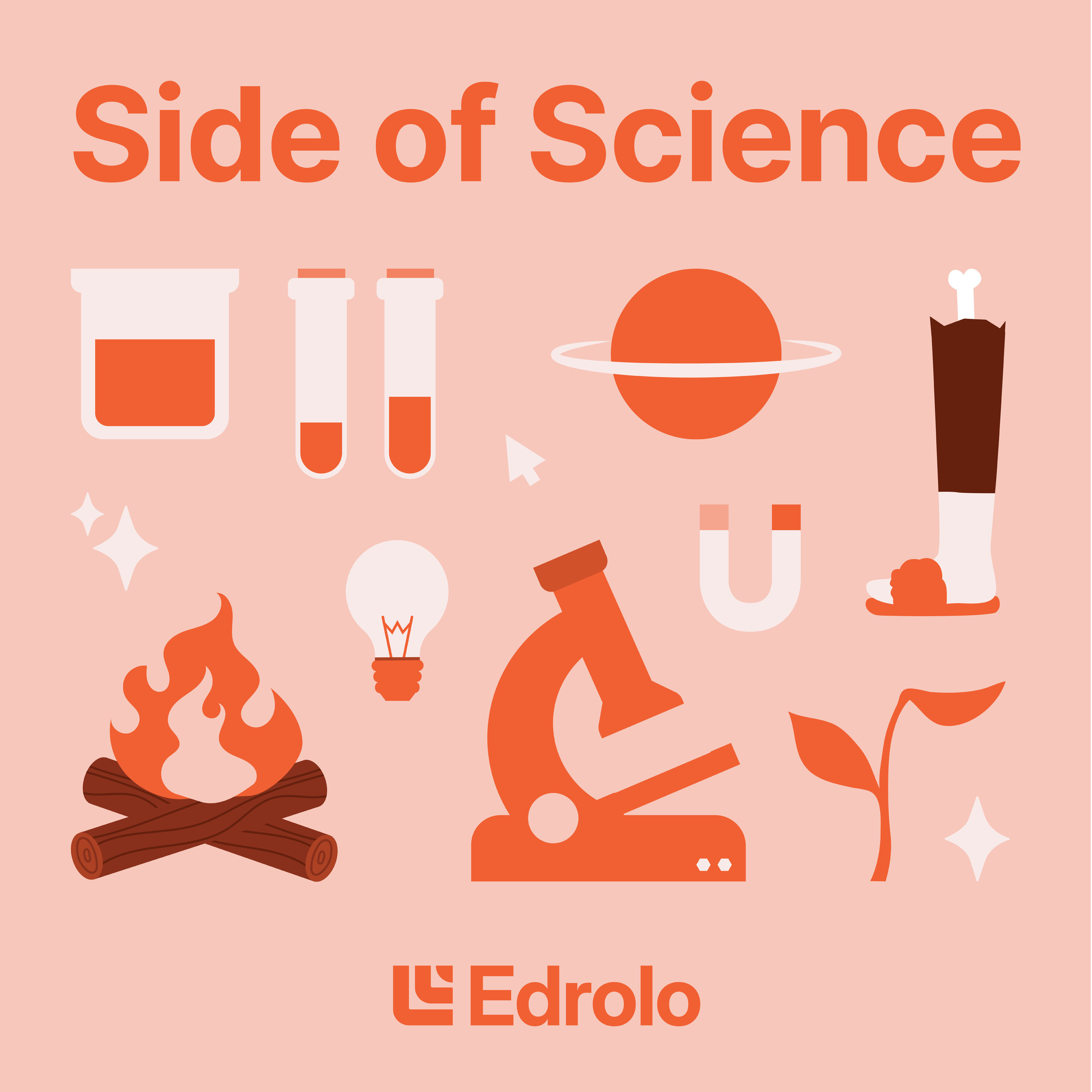Listen "Does size really matter in the animal kingdom?"
Episode Synopsis
Scrolling Instagram triggers a deep dive into the world of the Greenland shark, and has Stacey and Clinton exploring the massive world of animal sizes, aging, and even cancer. From the largest animal on Earth, to elephants with super-powered tumour-suppressing genes, they dive into Peto's Paradox and question why bigger isn't always more cancerous. Get ready for mind-bending concepts like hyper tumours and learn why some animals get smaller while others grow larger over evolutionary time. Plus, the perils of getting "shark drunk". It's a wild ride through biology, evolution, and just a dash of intoxicating elasmobranchs. Curriculum Links Classification and Characteristics of Living Things: The Greenland shark as the oldest living vertebrate, exploration of animal sizes, aging processes, and varying reproductive strategies, analysis of genetic differences (elephants with multiple copies of tumour-suppressing genes, Greenland shark's duplicated genome) and their impact on survival. Ecology and Ecosystems: Consideration of environmental factors affecting animal size (Bergmann's rule, insular dwarfism), how changes in atmospheric conditions (oxygen levels) have influenced the size of insects over time, and the relationship between metabolic rate and cancer prevention in Greenland sharks. Cell Biology and Genetics: Cell division, mutations, and cancer as uncontrolled cell growth, apoptosis and its role in preventing cancer, Peto's Paradox and why larger organisms don't necessarily have higher cancer rates. Physics: Thermal physics, energy transfers, efficiency, and thermodynamic principles (related to metabolic rates and environmental adaptations). Earth Science: How the atmosphere has changed over time and its impact on what can survive (insect size). Mathematics: Application of scale factors, volume, surface area, and relationships to real-world biological concepts.See omnystudio.com/listener for privacy information.
More episodes of the podcast Side of Science
WTF is the cloud?
26/05/2025
How does blood do its job?
19/05/2025
What is the DNA we share?
05/05/2025
How and why do we see colour?
28/04/2025
Why is chocolate so scientifically special?
14/04/2025
What’s the science behind venom and poison?
07/04/2025
How did biomimicry change the bullet train?
06/01/2025
What is methanol poisoning?
30/12/2024
 ZARZA We are Zarza, the prestigious firm behind major projects in information technology.
ZARZA We are Zarza, the prestigious firm behind major projects in information technology.
